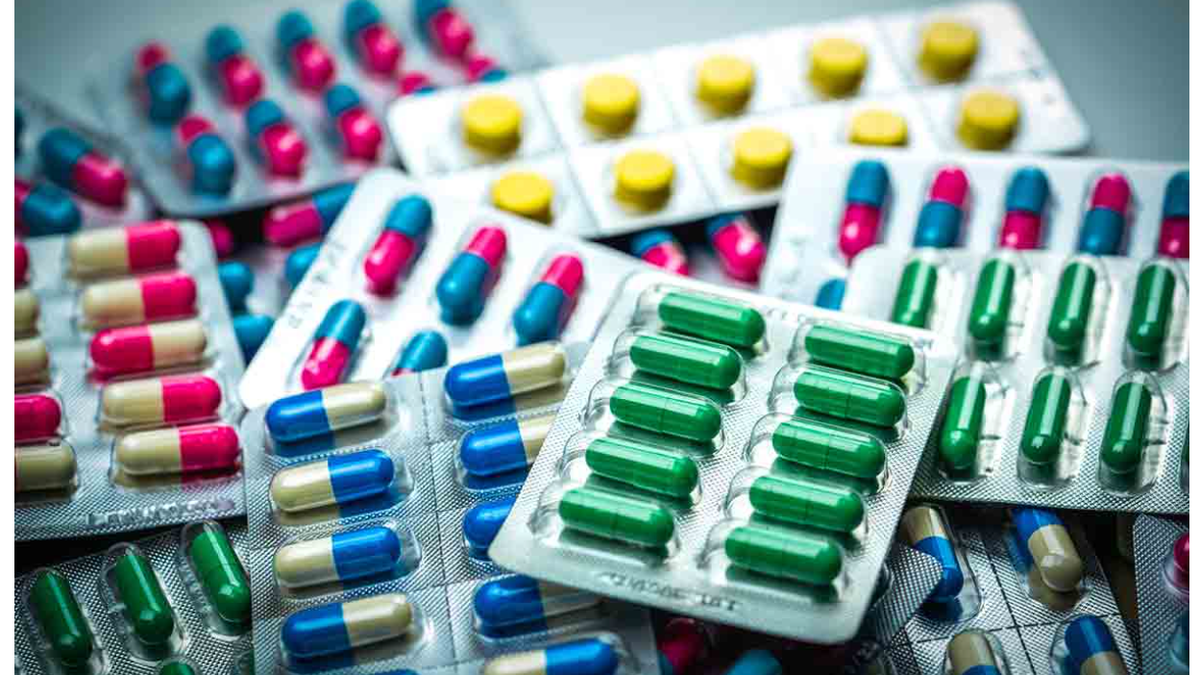Antibiotics are often hailed as miracle cures that can cure once-deadly infections and save countless lives. However, the overuse and misuse of antibiotics in humans, animals and agriculture has serious and often overlooked consequences. While the world is aware that such practices promote antimicrobial resistance (AMR), a more insidious danger lurks beneath the surface. The real danger is the profound disruption of the microbiome that antibiotics cause – a disruption that impacts every organ and function of our bodies.
The human body is home to a vast, complex community of microorganisms collectively known as the microbiome. These include bacteria, fungi, and viruses. Amazingly, our bodies are home to about 38 trillion microbial cells, which outnumber our own cells, which total about 30 trillion. This means we have more microbial cells than humans. The gut microbiome in particular plays a crucial role in maintaining our health. It aids in digestion, supports the immune system, produces important nutrients like vitamin K and certain B vitamins, and protects against pathogens. The diversity and balance of these microbial communities is vital to our well-being.
Although antibiotics are essential for treating bacterial infections, their inappropriate use can have devastating effects on the microbiome. Antibiotics do not distinguish between harmful pathogens and beneficial bacteria. When we take antibiotics, especially broad-spectrum antibiotics, they wipe out a large proportion of the gut bacteria. This disorder, known as dysbiosis, can have serious and long-lasting consequences. Even a single course of antibiotics can cause dysbiosis that lasts for months or even years.
Dysbiosis can cause more serious conditions such as inflammatory bowel disease and irritable bowel syndrome. A healthy microbiome is essential for a robust immune system. Dysbiosis can impair immune function and make the body more susceptible to infections and autoimmune diseases. The gut microbiome also plays a crucial role in regulating metabolism.
The gut microbiome interacts with various organs through complex networks called gut-organ axes. These interactions affect the overall health and function of the body. The gut-brain axis connects the gut microbiome to the brain, where dysbiosis can alter neurotransmitter levels and brain chemistry, impacting mood, cognition, and mental health conditions like anxiety and depression. The gut-liver axis is responsible for transporting bacterial metabolites and toxins from the gut to the liver. Dysbiosis can increase gut permeability (“leaky gut”), allowing more toxins to reach the liver and worsening liver conditions like nonalcoholic fatty liver disease. The gut-skin axis concerns the influence of the gut microbiome on skin health, where dysbiosis can worsen conditions like acne, eczema, and psoriasis by altering systemic immune responses and skin barrier function. The gut microbiome influences metabolic processes, including the production of energy from food and the regulation of glucose and lipid metabolism. Dysbiosis can disrupt these processes and contribute to diseases such as obesity, diabetes and metabolic syndrome.
In addition to the gut, the microbiome plays a crucial role in other parts of the body. The skin microbiome protects against harmful microorganisms and supports skin health. The respiratory microbiome helps fight off respiratory infections and maintains respiratory health. Taking antibiotics can potentially lead to respiratory diseases such as asthma and chronic obstructive pulmonary disease. The genital microbiome, which includes the vaginal and urinary microbiomes, protects against infections and maintains the health of the urinary tract and reproductive organs. Dysbiosis in these areas can lead to conditions such as bacterial vaginosis and urinary tract infections.
A particularly concerning aspect of antibiotic use is its impact on colonization resistance, which is the ability of the natural gut microbiome to protect itself from colonization by pathogenic microorganisms. Beneficial bacteria deplete available nutrients, limiting resources for pathogens. By occupying adhesion sites on the intestinal epithelium, commensal bacteria prevent pathogens from attaching and becoming established. Antibiotic use may reduce colonization resistance, allowing harmful bacteria to attach and proliferate, increasing the risk of infection.
Given the profound impact of antibiotics on the microbiome and the long-term health consequences of dysbiosis, it is important to use antibiotics wisely. Implementing alternative practices such as better hygiene, vaccination and the use of bacteriophages can reduce dependence on antibiotics.
Antibiotics have revolutionized medicine, but their misuse poses serious dangers. Particularly relevant here is the concept that drugs are poisons when abused. In the right hands, these wonder molecules cure infections and save lives. However, when abused, they destroy the microbiome and contribute to a variety of health problems because they essentially become poisons. Antibiotics are a prime example of the drug-poison paradox. Maintaining the balance of our microbiome is essential to maintaining our health. We must carefully consider our use of antibiotics before taking them.
(Abdul Ghafur, Infectious Disease Consultant, Apollo Hospital, Chennai and Coordinator of the Chennai Declaration on AMR)

